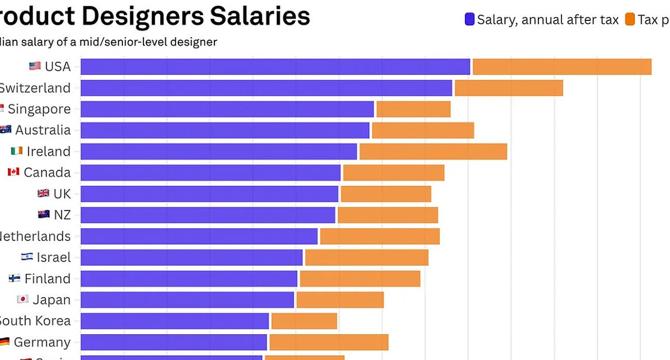ADPList’s Newsletter
2M
259

Image Credit: ADPList’s Newsletter
Salary negotiation 101
- Many professionals feel undervalued when their paychecks do not reflect their true worth, with surveys showing a high percentage of workers feeling underpaid.
- Negotiating salary involves understanding market value, recognizing being shortchanged, and strategically making a case, including steps like identifying if you're underpaid.
- Signs of being underpaid include comparing salary to industry standards, understanding pay gaps, and spotting red flags like increased workload without a raise or new hires earning more.
- Researching market salaries involves using tools like Glassdoor, LinkedIn Salary, and industry benchmarks to determine what you should be earning.
- Networking can provide real salary insights, with the importance of researching and comparing salaries highlighted to have leverage in negotiations.
- When preparing for a salary review, it's essential to evaluate personal accomplishments, track results, and have evidence to negotiate effectively.
- Understanding one's market value and utilizing data for negotiation can shift conversations towards fair compensation based on skills and industry standards.
- Considering factors like experience, skills, and location can impact earnings, highlighting the importance of knowing one's worth in the job market.
- Recognizing the importance of research, networking, and leveraging data to advocate for fair compensation is key in salary negotiations.
- Arming oneself with facts and approaching negotiations confidently based on researched market salaries can lead to better outcomes in advocating for fair pay.
Read Full Article
13 Likes
For uninterrupted reading, download the app